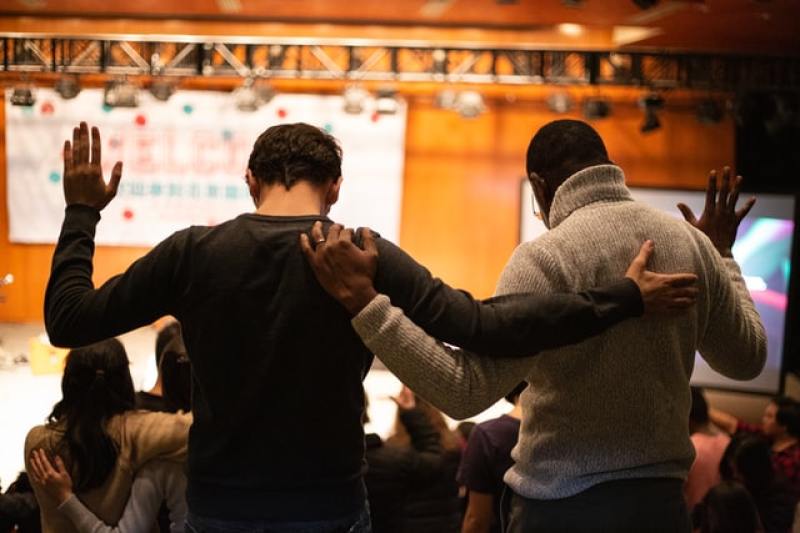
With the rising energy bills and poverty, the Churches Together group in UK is asking for churches to unite and share space. The article by BBC says that the group is made up of Christian denominations such as Anglican, Catholic, Baptist, Methodist, and others.
With the shared space, the churches aim to reduce costs when it comes to facilities and upkeep. The group said that it is an 'unparalleled act of unity' that shows how concerned the churches are about the situation. The groups maintain that even with the shared spaces, the denominations can keep their distinct doctrines, practices, and characteristics.
Church Together Concerns, Poverty, and Future of Churches
Reverend Geoffrey Clarke of East Midlands Synod of the United Reformed Church, one of the presidents of Churches Together, said that one of the concerns is anxiety about money. The president said that the churches and the communities are worried about rising food costs, increase in energy bills, the possibility of power cuts, and other reasons.
To combat this, the Churches Together Group is opening churches as hubs for the denominations on specific days. St. John's on Tuesdays, Park Road Baptist Church on Wednesdays, and St. Mark's on Thursdays.
Also Read: Human Rights Org Files Case to Ban Nativity Scenes in Public Spaces, Mexican Bishops Issue Defense
Churches Together in England
According to the Churches Together in England page, it is a 'national ecumenical instrument supporting and encouraging churches from a wide range of traditions to work together in unity.' The church says that it is an organization that unites the broadest range of churches in Europe. It says that the organization's vision is to create a space of fruitful collaboration and mutual understanding so that the churches can work together for God's mission. The churches create collaborations for providing missionary work in various locations in England. Also, it has conferences, forums, and webinars aimed to train and educate church leaders for missionary work and the betterment of their churches.
As of now, there are about 50 member churches within the organization. The member churches are also working with local congregations with over 900 local ecumenical partnerships. Further, the church works with national agencies and bodies in association with their cause. The organization also has partner bodies in Ireland, Scotland, and Wales and affiliations with the Conference of European Churches and the World Council Churches.
The organization was established in 1990 after the 1987 ecumenical conference in Swanwick. When it started, it had only 16 member churches. Today, it is a network that has connections within and outside the organization for better coordination.
Further, the church has a small staff and the General Secretary that serves the organization. Further, there are six Presidents, heads or elected figures of member churches, that represent Churches Together. As such, it has a 'Churches Together' model that has a grassroots approach when it comes to ecumenism. Instead of direction or agenda, the model facilitates inter-Church cooperation with member churches. Further, it is guided by principles of consultation and collaboration where member churches can 'work together, share resources and discern the direction and strategy for expressing and strengthening Christian unity.'
Related Articles: South Carolina Methodist Church Sells Fresh Apples, Other Items to Fund Charity Work



















